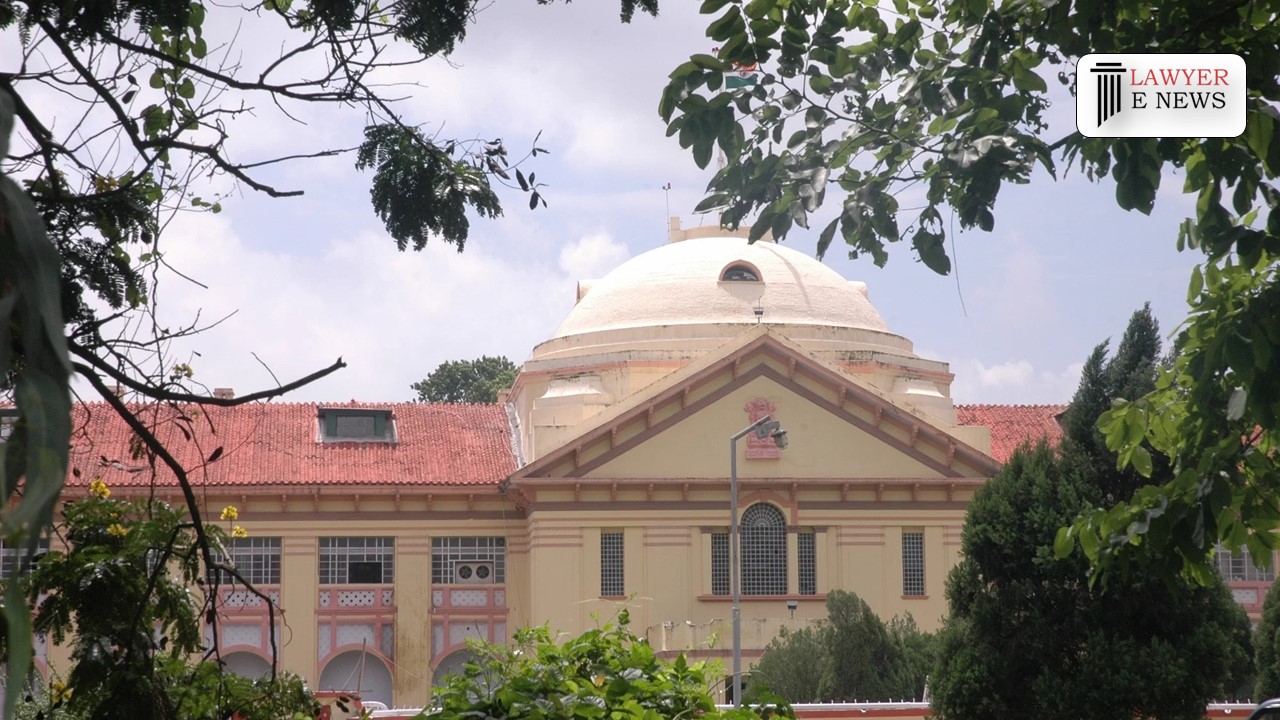-
by sayum
17 February 2026 5:39 AM



In a significant judgment, the Patna High Court has clarified the powers of Special Courts under the NDPS Act concerning the release of seized properties. Honorable Mr. Justice Jitendra Kumar delivered a landmark decision, highlighting the scope of Section 451 of the Criminal Procedure Code (CrPC) in NDPS proceedings.
The Court was dealing with a Criminal Miscellaneous petition, where the petitioner sought quashing of an order that denied the release of a motorcycle and a mobile phone seized under the NDPS Act. The petitioner contended wrongful implication in the case.
Justice Kumar meticulously analyzed Sections 60 and 63 of the NDPS Act, which deal with the liability of vehicles to confiscation and the role of the Special Court in post-trial confiscation proceedings. He observed, “It is the Special Court which decides the liability of an article, thing, or vehicle to confiscation and such decision is taken by the Special Court after conviction, acquittal, or discharge of the accused” (Para 37).
The Court emphasized the applicability of Section 451 of the CrPC, which provides for the custody and disposal of property during trial, in NDPS cases. The judgment noted, “During the pendency of the trial and confiscation proceedings, the Special Court is empowered to release an article, thing, or vehicle to interim custody of the rightful owner” (Para 37).
In a significant part of the judgment, the Court allowed the petition partially, ordering the release of the motorcycle under specific conditions to ensure its availability during the trial and confiscation proceedings. However, the request for the release of the mobile phone was denied due to potential tampering risks, stating, “Electronic items are susceptible to be tampered with and may lose their evidentiary value if released during the pendency of the trial” (Para 36).
Date:05-01-2024
Bhola Singh @ Ayush Singh VS The State Of Bihar
